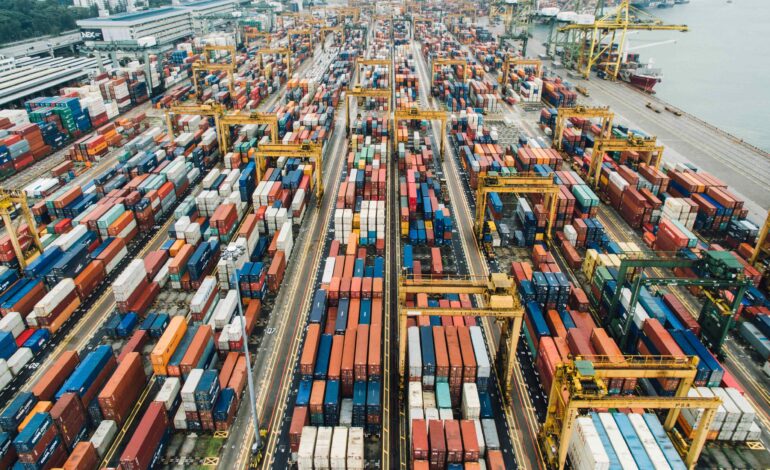The International Maritime Organization (IMO) plays a critical role in regulating bunker fuel to ensure environmental sustainability, safety, and operational efficiency in the maritime industry. As a specialized United Nations agency, the IMO develops and enforces global standards to minimize the environmental impact of shipping. This article delves into the IMO’s major initiatives, regulatory frameworks, and the effects of its policies on bunker fuel usage and the maritime sector.
IMO’s Mission and Objectives
The IMO’s core mission is to create a regulatory framework for the shipping industry that is fair, effective, and universally adopted. This framework addresses maritime safety, security, environmental protection, and operational efficiency. A key focus area for the IMO is the regulation of bunker fuel to reduce the environmental footprint of maritime activities.
Key IMO Regulations on Bunker Fuel
- MARPOL Annex VI: The International Convention for the Prevention of Pollution from Ships (MARPOL) Annex VI is fundamental to the IMO’s strategy to control air pollution from ships. It sets limits on sulfur oxide (SOx) and nitrogen oxide (NOx) emissions from ship exhausts and bans the deliberate emission of ozone-depleting substances. It also designates specific Emission Control Areas (ECAs) with stricter emission standards.
- Global Sulfur Cap: Effective January 1, 2020, this regulation limits the sulfur content in marine fuels to 0.50% m/m (mass by mass), down from the previous limit of 3.50%. The cap aims to significantly reduce sulfur emissions, thereby improving air quality and protecting marine environments.
- Energy Efficiency Design Index (EEDI): The EEDI encourages the adoption of energy-efficient technologies in ship design and operation. It sets mandatory energy efficiency standards for new ships, promoting innovative solutions to reduce fuel consumption and greenhouse gas emissions.
- Ship Energy Efficiency Management Plan (SEEMP): SEEMP requires ships to implement plans to improve their energy efficiency. This plan includes best practices for fuel-efficient operations, maintenance, and voyage planning, which collectively contribute to reducing emissions.
Impact of IMO Regulations
- Environmental Benefits: IMO regulations have led to substantial reductions in air pollutants and greenhouse gas emissions from ships. The global sulfur cap, in particular, has markedly decreased sulfur emissions, resulting in better air quality and reduced health risks for coastal populations.
- Technological Advancements: Compliance with IMO regulations has driven innovation in the maritime industry. Shipping companies are investing in cleaner fuels, such as low-sulfur fuel oil (LSFO), liquefied natural gas (LNG), and biofuels. Additionally, the adoption of emission reduction technologies, such as exhaust gas cleaning systems (scrubbers), is becoming more common.
- Economic Implications: While the implementation of IMO regulations involves costs for the shipping industry, including investments in cleaner fuels and new technologies, these measures also promote long-term economic sustainability. Enhanced fuel efficiency and reduced environmental impact can lead to cost savings and improve the industry’s reputation.
- Global Compliance and Enforcement: IMO regulations are enforced globally, ensuring a level playing field in the shipping industry. Member states enforce these regulations through port state control inspections and monitoring mechanisms, ensuring compliance and reducing the risk of non-compliance.
Future Directions
The IMO continues to evolve its regulatory framework to address emerging environmental challenges and promote sustainable shipping practices. Future initiatives may include stricter greenhouse gas emission targets, the development of alternative fuels, and enhanced digitalization to improve operational efficiency. The IMO’s ongoing commitment to improvement and collaboration with industry stakeholders will be essential in achieving long-term sustainability goals.
Conclusion
The International Maritime Organization is crucial in regulating bunker fuel to ensure environmental sustainability and operational efficiency in the maritime industry. Through comprehensive regulations and initiatives, the IMO sets global standards that drive technological innovation, improve air quality, and promote sustainable shipping practices. As the industry evolves, the IMO’s leadership and regulatory frameworks will remain vital in shaping a greener and more efficient future for global maritime transport.






